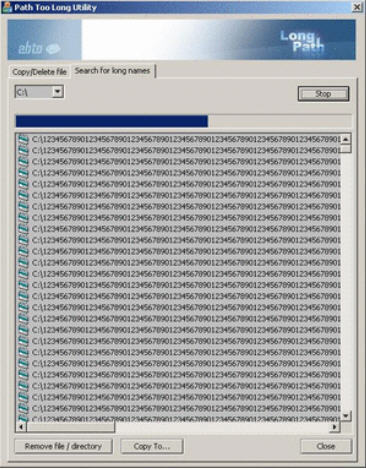

The use of alloca function with an uncontrolled size in function unit_name_path_escape allows a local attacker, able to mount a filesystem on a very long path, to crash systemd and the whole system by allocating a very large space in the stack. Writing at this offset creates a denial of service, crashes the system, and causes memory corruption or privilege escalation by targeting specific memory locations.Ī flaw was found in systemd. Because the value is negative, it writes to a location between 2GB and 10 bytes before the intended buffer location. When the mountpoint is still in use but the path has been deleted, the incorrectly calculated value is used as an offset to write the string “//deleted” outside the allocated buffer. Note that “buflen” may cause a size_t-to-int conversion problem, transforming the number to a negative value and later causing an out-of-bounds access vulnerability. Show_mountinfo() -> seq_dentry() -> dentry_path((. This process expects an int as the buffer length (a 32-bit signed value) as shown below: The problem manifests when a very long mountpoint path is used in the show_mountinfo function. Each record must fit into a seq_file buffer, whose size is tracked as a size_t (a 64-bit unsigned value). The mountinfo file is an example of a seq_file, which is a virtual file through which the kernel presents a sequence of records. This issue will be triggered, resulting in writing over kernel memory at a controllable offset.


A type conversion vulnerability is a condition when converting between two types and can lead to an overflow, creating a large negative value. This vulnerability is a type conversion vulnerability in the filesystem layer of the Linux kernel. The issue results from not validating the size_t-to-int conversion prior to performing operations. This flaw allows a local attacker with a user privilege to gain access to out-of-bound memory, leading to a system crash or a leak of internal kernel information. A short description of each flaw and its impact are listed below.Īn out-of-bounds write flaw was found in the Linux kernel's seq_file in the Filesystem layer. Researchers reported the following two vulnerabilities.
Long path tool cracked version update#
Please update the affected package as soon as possible. Red Hat has investigated whether possible mitigation exists for this issue and has not been able to identify a practical example. This attack causes systemd, the services it manages, and the entire system to crash and stop responding. The second vulnerability (CVE-2021-33910) is an attack against systemd (the system and service manager) and requires a local attacker with the ability to mount a filesystem with a long path. A successful attack results in privilege escalation. An unprivileged local attacker can exploit this vulnerability by creating, mounting, and deleting a deep directory structure whose total path length exceeds 1GB. The first vulnerability (CVE-2021-33909) is an attack against the Linux kernel. These two vulnerabilities exploit conditions when files with a long path are not handled correctly. To determine if your system is currently vulnerable to these flaws, see the Diagnose section below. Please ensure that the underlying RHEL kernel and systemd packages are current in these product environments. Products that pull packages from the RHEL channel (this includes layered products such as OpenShift Container Platform, OpenStack, Red Hat Virtualization, and others). The Container Health Index, part of the Red Hat Container Catalog, can be used to verify the security status of Red Hat containers. Base images will be updated to include fixes for this flaw, please ensure containers are current. Product containers based on the RHEL or UBI container images. The following Red Hat product versions are directly affected by CVE-2021-33910:įurther, any Red Hat product supported on Red Hat Enterprise Linux (including RHEL CoreOS) is also potentially impacted. The following Red Hat product versions are directly affected by CVE-2021-33909: The second vulnerability is found in systemd, where a local attacker can crash systemd and the entire system and is assigned CVE-2021-33910.īoth flaws have a severity impact rating of Important. The first vulnerability is found within the Linux kernel, where a local attacker can escalate privileges and is assigned CVE-2021-33909. Red Hat is aware of two flaws caused by the incorrect handling of long path names.


 0 kommentar(er)
0 kommentar(er)
